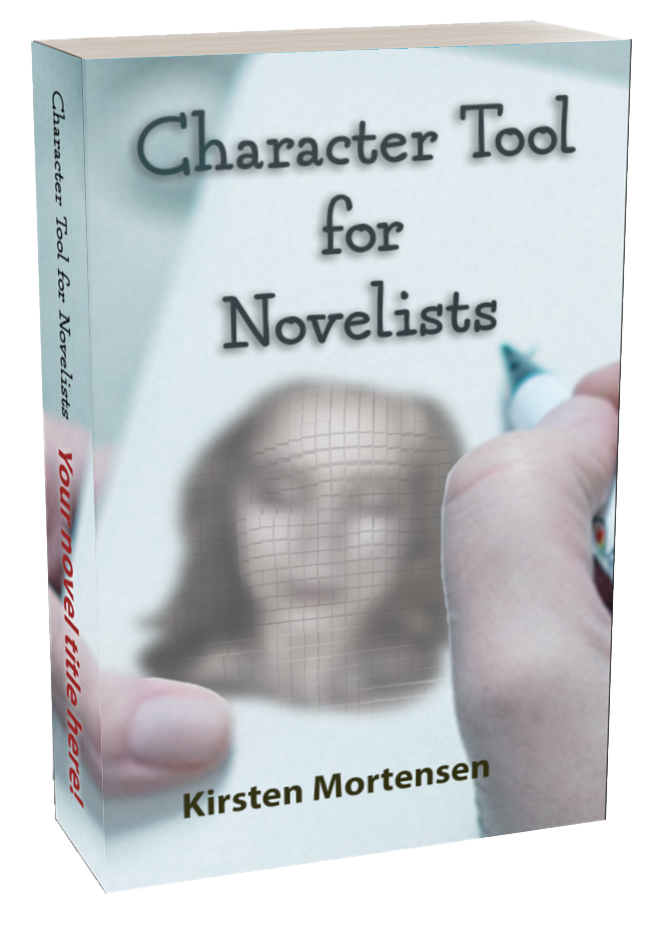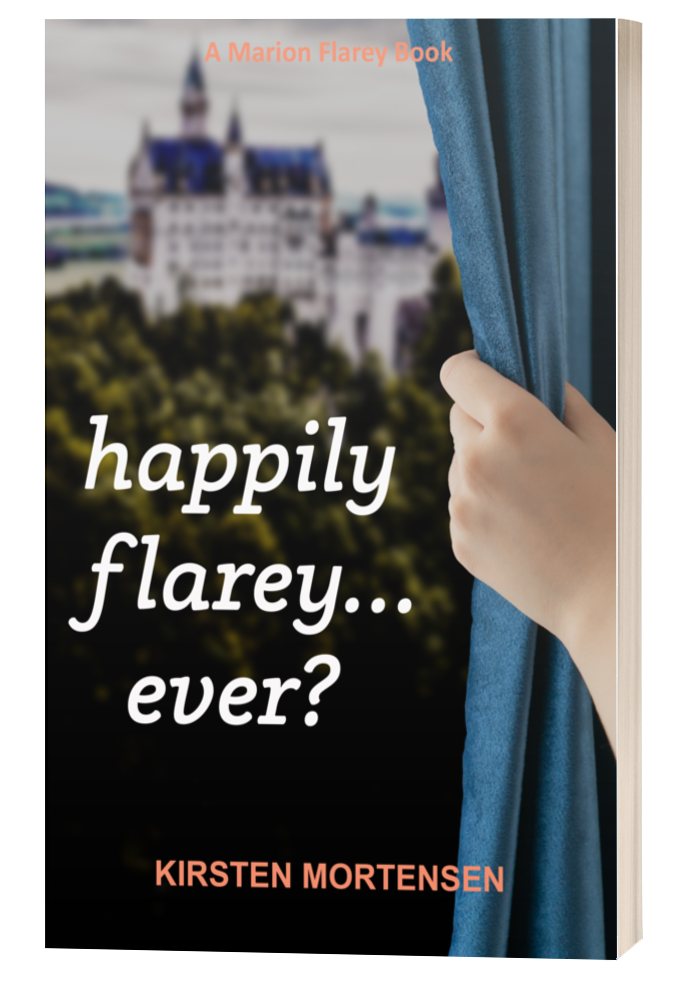The first few words are the hardest to write–and the most important to get right
So as you may know, I am currently living in a tent.
Most of the time. The routine my sweetheart and I have fallen into, since we sold our house and moved, is about five days in the tent, then two or three nights in a hotel or AirBnB.
I am loving it. My sleep quality is the best it’s been in years. Not sure if it’s the fresh air or the hours (we are basically sleeping sunrise to sunset) but I am feeling so rested when I wake up, almost every morning.
And being immersed in nature for hours and hours every day is pretty amazing as well.
That said, both of us work, so we need to connect to the Interwebs and recharge our devices every day. So rather than brew coffee in the wild, we’ve been driving into town every morning to one of several different coffee shops.
And as I’ve settled into this routine, in addition to my contract writing work, I’ve been editing Happily Flarey Ever — the third and probably last of my Marion Flarey books.
Specifically, I’ve been working on the first 3-5 pages.
Mind you, those pages have been written for a long time, now. I conceived of Marion Flarey’s adventures as a 3-novel story from the beginning. I sketched in a lot of the plotting for all three back in 2019, and generated first drafts of all three before I finished and released Once Upon.
And now I’m focused on finalizing the last book — and I’ve been spending hours and hours trying to get the opening to be right.
Beginnings … are the hardest thing to do
I’m not the first fiction writer to notice this. Beginnings are hard. You need to grab readers’ attention and interest. You need to establish setting and mood. And you need to introduce your antagonist and give readers reason to care about him or her.
I’ll go even further.
Every single word needs to be right.
Arguably, that’s true for your entire novel, of course. But let’s be honest. Once your readers are invested in your characters and the story you’re telling, they’ll be a bit more forgiving. A typo in the first sentence might be off-putting enough to lose readers, whereas that same typo during the climax of your Third Act will probably get a pass.
I can’t say that this is something I was taught, btw. It was instinctual for me. And not only in my fiction. As some of you know, I’ve worked for most of my career as a contract writer. Most of the work I’ve done is for high-tech, and most of it is case studies or similar types of story-driven marketing copy. And I’ve been keenly aware, for many years, that the first paragraph or two of these stories is always the most time-consuming. I’ll spend, easily, 10x the time on the paragraph of a two-page piece than the entire rest of the article.
You have to make readers care. You have to set the stakes. You have to make an emotional connection.
Since my Marion Flarey books are a series, and presumably anyone reading Happily Flarey Ever will have read the first two books, I can make some assumptions. Readers will know who Marion is and a bit about her quirks and problems.
On the other hand, I haven’t pubbed these books in “rapid release” fashion, so readers who pick up Happily may need their memories jogged a bit. I need to remind them what happened in Marion’s love life, and that she still has money problems, and that there’s some unfinished business, yet, with her step-sister, Candace and her friend (or is it fairy godmother?) Effie.
But what I realized, when I started this final round of edits, is that I’d tipped the scales too much toward this part of Marion’s past — and in so doing, I’d loaded the beginning with backstory.
And as you know, if you’ve ever opened a decent book on the craft of writing novels, it’s never a good idea to load the beginning of your novel with backstory.
In media res. Start the story in the middle of the action.
So I completely re-wrote the opening of Happily.
Here’s the first 130 words of my current draft:
I was cleaning up after a little midday rush, trying to be as normal as possible, sloshing dirty glasses in the little sink under the bar.
And then it hit me.
Menthol.
Correction. Not just menthol.
An enormous blast of menthol.
An enormous, bitingly pungent, this-might-extinguish-all-planetary-life blast of menthol.
I staggered backwards a couple of steps and turned around.
And there he was.
Lloyd. My new boss.
Not to be confused with Fletcher Beal, my old boss, who was also my ex. And my prince. The prince I’d lost, and then found, then lost again. This time forever.
“Hiya, Marion,” said my new boss.
“Hey, Lloyd,” I croaked, trying not to give the impression that I might be gasping for air.
“Gonna be a record day, today, right?”
And he winked.
Ugh.
Is it perfect enough, yet?
Maybe. That said, I actually just revised it yet again after I copy/pasted it into this post. I moved some things around, I tightened it up.
And I might do more. I’d love to work in some fairy tale reference — in the first paragraph, even, assuming I can do so without interrupting “the action” — meaning, I’ll have to do so with an absolute minimum number of words and it will have to be a gleaming nugget, not a flabby, generalist throwaway.
And that’s just the first 70 words. Someone, can’t remember who and my books are all in storage, bleh (might have been Les Edgerton in Hooked, a book on craft that I will write more about at some point, can’t recommend it enough) said that you have only 300 words to capture your readers.
If the average reading speed is 200-400 words per minute, that means you have about one minute of readers’ time to persuade them to keep going.
Are the first 400 words of Happily perfect enough to convert samplers to buyers?
Maybe. But I will say this: I’ve spent four hours, in the past couple of days, revising the first 400 words of Happily.
And I’m still not done.
And I’ll say something else, too. I hang out on Twitter from time to time, and there are a lot of indie authors out there plugging their books. And I want to support them, but I am also on a budget, so what I do, when a title or description interests me, is download a sample.
I very rarely go on to buy these writers’ books — because in most cases, they haven’t invested enough time polishing that first 10% to persuade me to become a buyer.
How about you? How much time do you invest in your first 400 words?
P.S. Looking to improve your craft?

I originally built this guided notebook, Character Tool for Novelists, for my own use — to create and track my novels’ characters.
I have since bought copies for all of my WIPs — and I LOVE it.
Now other writers are getting copies — and they love it, too!
“This helps keep my characters from getting away from me. I loved the first copy I got so much I got another one for another work in progress.”
“I used to be able to keep all of this in my head but as stories become more complex I find myself having to refer to makeshift family trees. This will make life ever so much simpler.”
“You simplified my work big time.”
“I bought this book off Amazon and it’s really awesome!!! I highly recommend.”
“Just got my copy, can’t wait to use it. Love the organization.”
I set the price as low as Amazon would allow — about the cost of a quality blank book. Click here to learn more.

